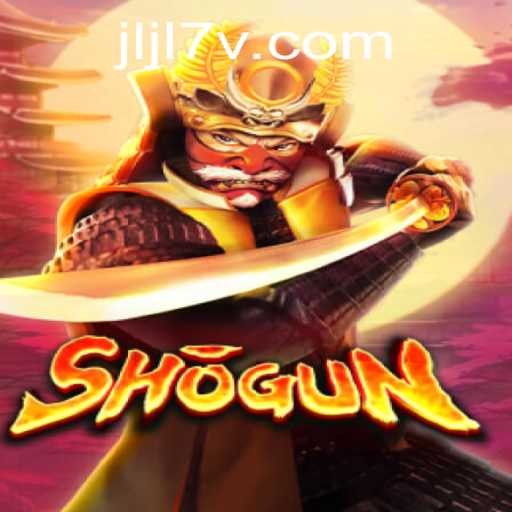Unveiling the Intricacies of Shogun: A Strategy Board Game
jijl7Introduction: The World of Shogun
The strategic board game Shogun has captured the interest of players around the world with its unique blend of tactics, historical settings, and immersive gameplay. The game transports players back to feudal Japan, challenging them to rise through the ranks to become the supreme leader, or Shogun. The objective is not only to conquer lands but to carefully balance military might with economic stability and alliances, making Shogun a game of sophisticated strategy and planning.
The Historical Tapestry Behind Shogun
Shogun is deeply rooted in the historical context of Japan during the late Sengoku period. This era was marked by social upheaval, military conflict, and political machinations, akin to other periods of great historical significance around the world. Players are immersed in a world where the Daimyo, regional lords, compete for supremacy by demonstrating prowess on the battlefield and wisdom in governance. Such rich historical layers contribute to the depth of the gameplay, offering a fascinating lens through which modern audiences can explore this tumultuous time.
Today, parallels can be drawn between the strategies in Shogun and contemporary geopolitical issues. Just as in the game, current world leaders must constantly negotiate peace, manipulate alliances, and balance home-front stability against global influence and power competition.lago777
Understanding the Mechanics: How Shogun is Played
Game Setup
LuubetShogun is played on a detailed map of Japan, divided into regions that players vie to control. Each player takes on the role of a Daimyo, commanding armies, managing resources, and strategizing their path to becoming the Shogun. At the start of the game, players are allocated territories which they must fortify against rivals.
The game includes a selection of cards representing different actions and resources. These cards are crucial as they dictate what a player can do each turn, ranging from attacking and defending to trading and recruiting allies.
Basic Rules and Objectives
A key element of Shogun is its season-based structure, reflecting how seasons influenced military campaigns historically. Each year is broken down into periods where players plan and execute moves, handling both combat and diplomacy. The end goal is to accumulate the most points by gaining territories, building castles, and managing resources effectively.
The game requires players to gain control over provinces, build fortifications, and ensure a steady supply of resources. Winning battles can expand a player’s dominion, but it is the strategic use of resources and planning that determines overall victory. The balancing act presents a critical component—do you use your limited rice to feed your population or trade it for gold to build an army?
Combat and Conquest
A standout feature of Shogun is its combat system, which incorporates luck with strategy. The game uses a cube tower mechanism for battles: players drop colored cubes into a tower and whatever comes out dictates the outcome. This mechanism adds unpredictability, requiring players to plan for various outcomes and adapt their strategies accordingly.
Seasonal Planning and Strategy
gcash777Each round represents a season, and players must draft their strategies accordingly. In spring, players prepare, setting up for the long year ahead. Summer often represents expansion, while autumn might be focused on consolidation of power. Winter is particularly challenging, as shortages in rice can lead to uprisings among unhappy populations. Such dynamics demand forward-thinking planning and problem-solving skills—mirroring real-world scenarios where the balance of power is ever-volatile.
Shogun in a Modern Context
Shogun remains a relevant board game, often serving as a metaphor for the shifting sands of world politics. Its themes resonate in today's society where negotiations, resource management, and strategic alliances are as vital now as they were in the time of the historic shoguns.
Moreover, the game epitomizes how history can inform modern strategies, teaching players about the importance of adaptability and clear-headed decision-making in volatile times. As global tensions and alliances shift unpredictably, these skills are mirrored in board games like Shogun, which offer both an educational and entertaining experience.jljl7
In conclusion, Shogun provides players with an engaging depiction of feudal Japan while offering relevant commentary on strategic thinking applicable to modern-day contexts. As players maneuver through its multifaceted rules and rich backstory, they are not just engaging with a game—they are participating in a centuries-old narrative of power, politics, and survival.








